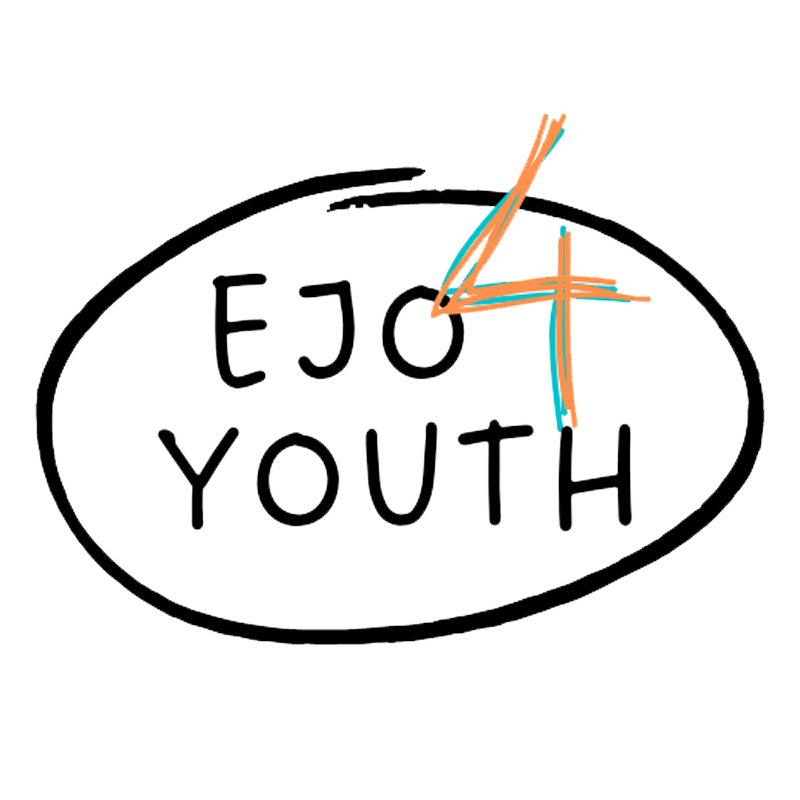Self-learning
Unit 8 – Quality Assurance
This unit will provide you with a better overview and resources to understand the fundamental approach of EJO4Youth, as well as to guarantee the quality and ethical standards of EJO4Youth sessions. The materials can be read online, downloaded, or printed.
The Quality Assurance is an instrument to ensure a high quality of guidance, to continuously improve the interventions for the target group and to adapt the method to the respective conditions.
Knowledge
Learners know how to:
- Work independently with clients, always maintaining awareness to prevent any negative effects on them.
- Recognize personal limitations, adhere to the EJO4Youth rules as outlined in the curriculum, and fulfill the responsibility to continuously maintain professional competence.
- Commit to providing adequate feedback for the ongoing improvement of methods.
Skills
Learners are able to:
- Carefully document counseling processes in a manner that protects the client’s identity.
- Analyze and record complex guiding processes, discerning whether interventions are suitable for clients.
- Engage in self-reflection and idea exchange for continuous enhancement.
Competences
Learners know how to:
- Autonomously evaluate and consistently refine the outcomes of all interventions.
- Adapt interventions to clients’ needs individually, assuming responsibility as a practitioner.
Quality Assurance is essential for maintaining the quality of guidance, enhancing interventions, and tailoring methodologies to diverse organizational needs. Becoming an EJO4Youth practitioner involves several steps, including entering a Learning Agreement, studying essential literature, participating in both online and face-to-face training sessions, and completing case studies followed by a final expert talk.
Key components also encompass a fundamental pedagogical approach, the EJO4Youth practitioner profile, ethical guidelines, and evaluation templates, as well as protocols for documenting counseling sessions. For organizations employing this methodology, we advocate establishing an internal quality circle (Intervision), regular external supervision by a symbol work expert, and integrating into a Continuous Improvement process, with a designated experienced staff member overseeing implementation.
Quality Assurance of EJO4Youth sessions
Here you can find various materials on the EJO4Youth approach and how to monitor the quality of EJO4Youth sessions.
Learning agreement
Find here the Learning Agreement, also featured on the overview, to start your participation in learning course. This document has to be signed by the learner and agreed upon with the national partner organisation.
CASE STUDY TEMPLATE
Here you can find templates for Case Studies, to prepare yourself for the in-person training and document your independent sessions with clients.
evaluation templates
In these materials you will find evaluation templates, providing you with examples on how progress can be evaluated.
FUNDAMENTAL FRAMEWORK
Find out more about the fundamental framework for quality assurance and the ethical guidelines of the EJO4Youth approach.
Unit 8 is the last unit of online self-learning content. Units 9 and 10 are face-to-face training units which are done in-person. Please refer to your national contact point or the partners to participate in the learning units and complete your training.


